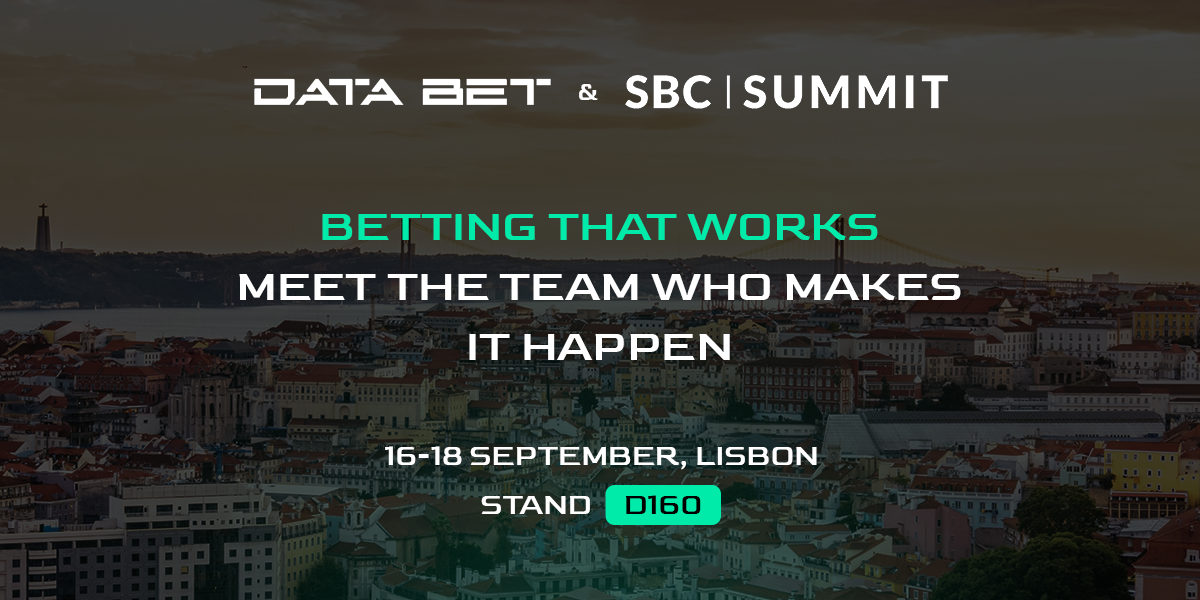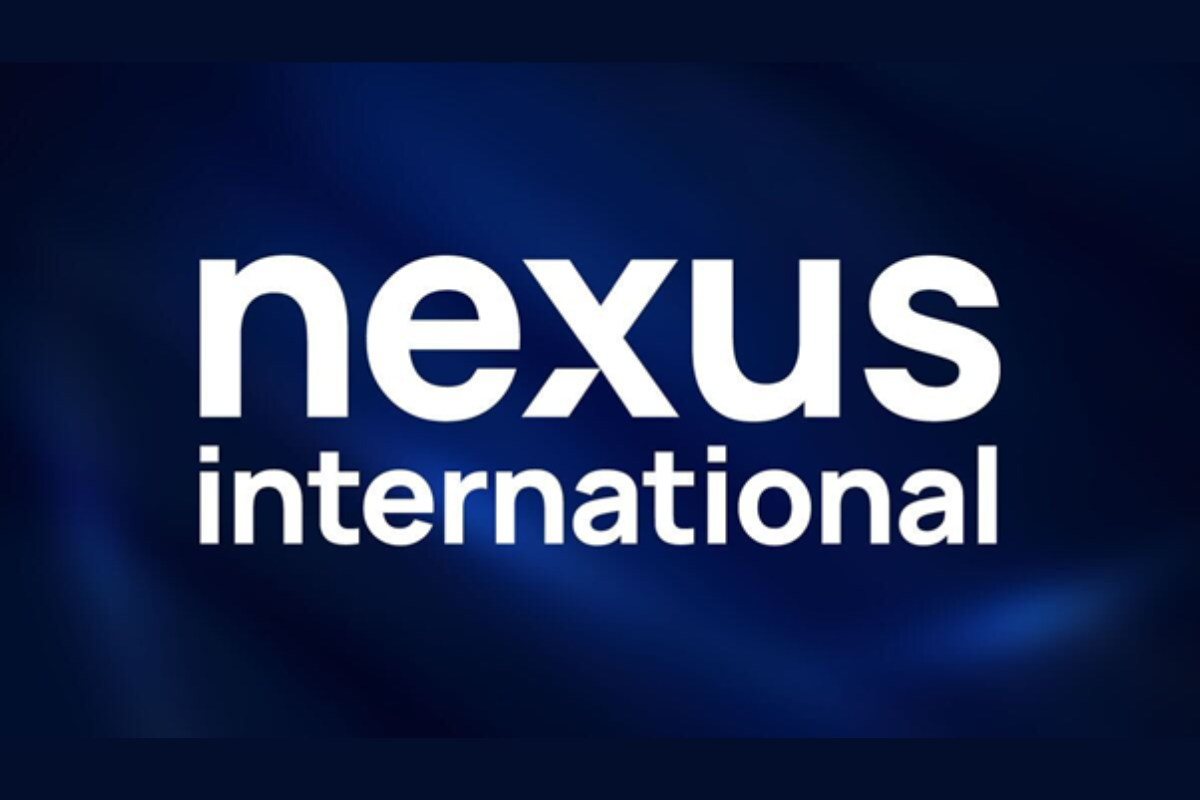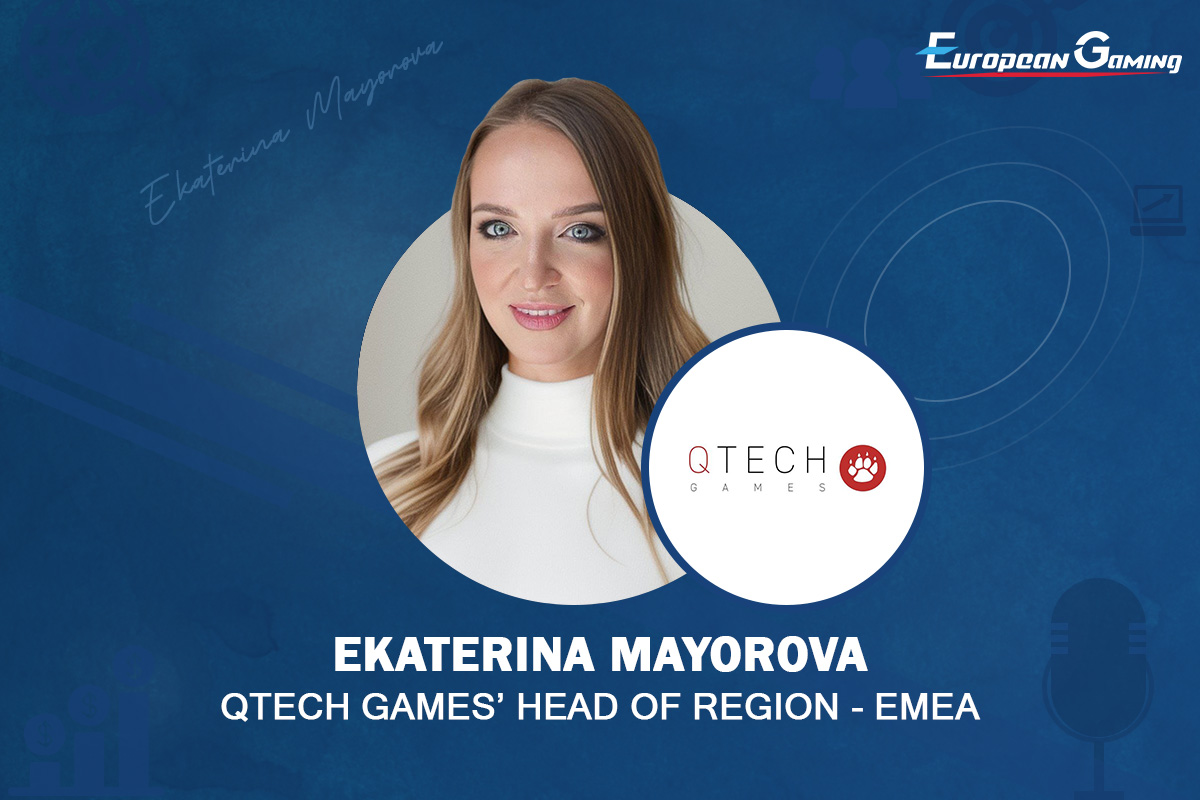Latest News
The $1.45bn Test: Gurhan Kiziloz’s Nexus Offers Glimpses of Klopp’s Liverpool as it Chases 2025 Revenue Goal

Spend enough time inside Nexus International and it’s clear that Gurhan Kiziloz doesn’t run it like a conventional startup. There are no buzzwords on whiteboards, no performance-theatre town halls. Instead, there are focused teams, precise systems, and a founder who seems far less interested in the spotlight than in how quickly and coherently a company can move when its internal rhythm is intact.
Kiziloz often compares his leadership to being “a little military” with “a sprinkle of love”, a description that, while offhand, isn’t far off. The company moves at a pace where hesitation can feel like regression. There is a premium on making decisions quickly, reviewing them in motion, and iterating forward. “If something makes sense, we go,” he says of the day-to-day, pointing to the absence of boardroom bottlenecks or capital-approval hurdles. That clarity of structure has become part of Nexus’s internal tempo.
Nexus doesn’t chase the energy of Silicon Valley or echo the pointless posturing of a startup. It moves more like a well-drilled football side, more Klopp than a faceless loanee from Wall Street, with each part understanding its role, pressing with intent, recovering with structure. It’s a company that behaves as if stamina, coordination, and the ability to hold a line matter more than narrative.
The results are measurable. In 2024, Nexus brought in $400 million in revenue, largely through its gaming platform Megaposta. The company is one of the few to receive a full iGaming license in Brazil, where it’s now operational at scale. Internally, it projects $1.45 billion in 2025. The number gets mentioned, but rarely repeated. The focus, as always, is on what must be done next.
That outlook starts with Kiziloz. He’s not a presence made large through words, but through decisions. Nexus doesn’t have the feel of a company organised around one person’s charisma. It operates more like a structure that’s been built deliberately, piece by piece, with roles given clarity, expectations baked in, and tempo carefully maintained.
There are no slogans about “disruption” at Nexus, no declarations about being different. But it is. Not in a performative sense, just in how it’s built. The company doesn’t rely on outside capital. It doesn’t reorient with every market gust. The culture is firm, internal. People who work there tend to stay. Those who leave often say the pace, not the politics, was the challenge.
The company’s entry into Brazil wasn’t improvised. Long before the country’s regulatory framework for gaming took shape, Nexus had already begun laying down the groundwork, assembling compliance infrastructure, and a team. So when the licenses were granted, it didn’t have to adjust, it just stepped forward. Quietly. Cleanly.
There’s an unspoken rhythm to how things operate. Meetings run short, updates are crisp, and decisions tend to come fast. Teams are small but not stretched. The cadence feels rehearsed but not robotic, like something learned and then internalised. Across departments, people talk in terms of zones, timing, cover. The language wouldn’t feel out of place in a locker room.
In that way, the football analogy holds. What Klopp brought to Liverpool wasn’t just intensity, but a form of clarity: each player knowing their space, trusting the system, pressing as a collective unit. Nexus reflects that kind of structure. It doesn’t win through surprise. It wins by applying pressure, recovering quickly, and repeating with discipline.
What stands out isn’t the absence of chaos, but the presence of structure. Failures happen, of course. Products underperform. Plans shift. But what the company seems to value isn’t perfection, it’s recovery. The capacity to learn without losing shape. To adjust without breaking form.
Even now, with expansion on the table and new markets being scoped, Nexus maintains its stance. No flood of announcements. No fanfare. Just the sense that what’s built well will hold, and that what doesn’t can be rebuilt, quietly, until it does.
There’s a kind of trust baked into that. Not the trust of cultish loyalty or personal magnetism, but of shared muscle memory, people who know the game plan, believe in the training, and understand that endurance, more than anything, determines the outcome.
Nexus may be young, but it doesn’t act like a newcomer. It doesn’t race to expand or overstate its reach. It keeps its shape. It waits for the right space. Then it moves.
-

 Asia7 days ago
Asia7 days agoIndia Bans Real-Money Gaming
-

 Latest News7 days ago
Latest News7 days agoMeitY Blocked 1300 Illegal Sites But Offshore Platforms Still Exist
-

 Latest News6 days ago
Latest News6 days agoDATA.BET Secures Spot at SBC Summit 2025
-

 Compliance Updates6 days ago
Compliance Updates6 days agoBacta commissioned research shows huge support for seaside arcades led by Gen Z
-

 Latest News6 days ago
Latest News6 days agoWhy Gamification Is Reshaping Online Poker
-

 Latest News6 days ago
Latest News6 days agoFrom Cards to Crypto: How European Players Fund Their Online Casino Accounts
-

 Latest News6 days ago
Latest News6 days agoSlotMatrix ignites the reels of West Virginia with Wild Extravaganza launch
-

 Latest News7 days ago
Latest News7 days agoBGC Study Highlights Cultural Significance of Gambling in the UK
























